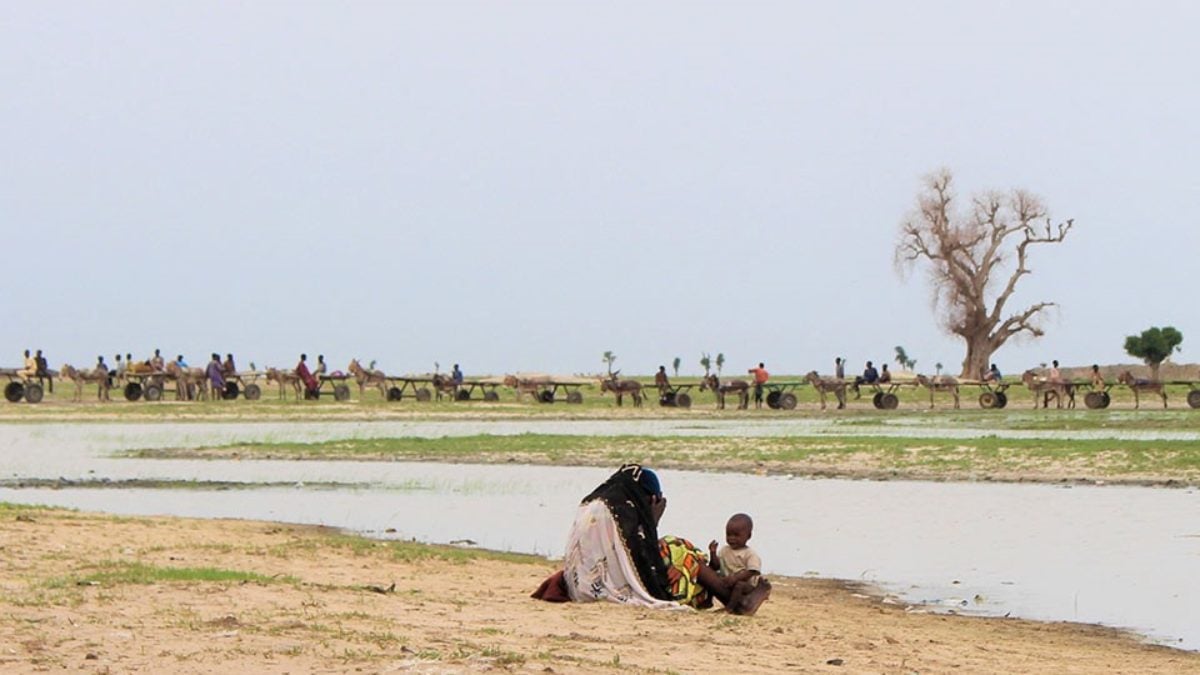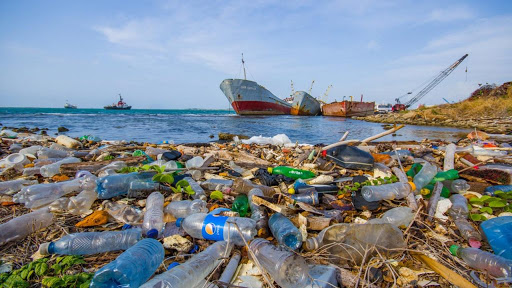Inger Anderson, under-secretary-general at the UN Environmental Programme (UNEP), says protecting and restoring drylands will bring back biodiversity and slow down climate change.
The UN official spoke on Thursday at the Global Landscape Forum on the restoration of African drylands.
Anderson said the conference is coming at a critical moment when the world is in the “middle of a triple planetary crisis – climate crisis, biodiversity and nature crisis, and the pollution crisis”.
She said drylands need to be high on the ecosystem restoration agenda because they hold a third of the world’s biodiversity hotspot, half of the world’s livestock, produce 44 percent of crops, and are home to 40 percent of the world’s population.
Advertisement
Anderson said the UN will continue to support the restoration of the African landscape because “finances, incentives, and investments in ecosystem restoration are critical to meeting the climate, biodiversity, and land goals”.
She charged countries that are signed under the Paris agreement to act on their commitments because “promises do not put trees and grass in the ground, promises don’t build new ecosystem, action does”.
AFRICAN LANDSCAPES ENDANGERED
Advertisement
Environmental experts at the conference lamented that African landscapes are increasingly endangered, with two-thirds of lands in the continent already degraded.
Speaking on the need to restore the drylands, Salima Mahamoudou, a research associate at the World Resources Institute (WRI), said degradation has affected sustainable economic development in the continent.
“These degraded lands are hindering sustainable economic development, affecting resilience to climate change and simply impacting people and their livelihoods,” Mahamoudou said.
Ndidi Nwuneli, managing partner, Sahel Consulting, advised investors working in Africa to prioritise restoration and environmental, social, and governance (ESG) criteria.
Advertisement
She said the project on advancing dairy development in northern Nigeria has shown that it “makes business sense to source locally, invest in communities and to respect and restore the environment”.
She said the project, which is a private sector-driven approach, has helped processors who formerly sourced milk abroad to now buy locally, thereby supporting rural communities and pastoralists.
Add a comment






